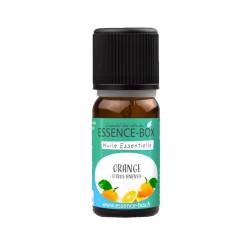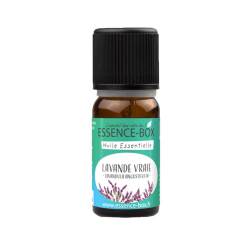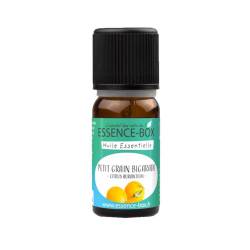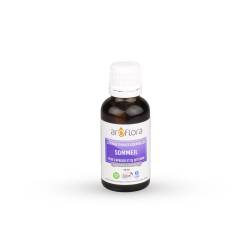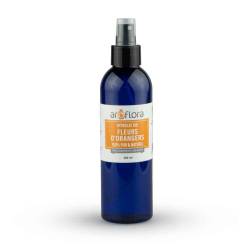Did you know that we spend on average 1/3 of our life sleeping?
An adult needs, more or less, 7 to 8 hours of sleep per night. Each night is made up of several cycles lasting from 1h30 to 2h each.
In each cycle, there is: a slow and light sleep phase + a slow and deep sleep phase + a REM sleep phase + a latency phase (see infographic below).


Sleep what is it for?
During the night, different things happen in our body, all of which are equally important:
- Digestion of food.
- Elimination of toxins.
- Work of the kidneys and organs of the digestive system to deacidify the body.
- Respiration, healing and cell regeneration.
- Resynchronization of our biological clock and circadian rhythms.
- Allow homeostasis, i.e. the balancing of all body functions.
- Recharges energy and glandular reserves.
Sleep disorders can be diverse (difficulty falling asleep, nocturnal awakenings, early awakenings, non-recovery) and multiple causes!

How to improve the quality of sleep? (in parallel with looking for the main cause)
Feed :
- Prefer a protein rather than sweet breakfast and keep the sugar around 11 a.m. and 5 p.m. in order to promote the production of serotonin, a neurotransmitter facilitating the formation of melatonin, the sleep hormone.
- Consume foods that promote the production of serotonin (banana, milk, turkey, pineapple, egg, date, cashew nuts, almonds, grapes).
- Consume foods with a low glycemic index .
- Consume foods rich in magnesium (whole grains, shellfish, fatty fish, brewer's yeast, cocoa, dark chocolate, green beans, Brazil nuts, cashew nuts, almonds, hazelnuts, lentils), in omega 3 (vegetable rapeseed oils , flax, camelina and walnuts, sardines, anchovies, herring mackerel), in group B vitamins (sunflower seeds, toasted sesame seeds, egg yolk, poultry, almonds, Brazil nuts, hazelnuts, brewer's yeast, sardines in oil, lentils, lamb's lettuce and spinach).
⚠️ Avoid : spices, meals that are too rich in the evening (frying, offal, charcuterie), stimulants (coffee, black tea, alcoholic beverages, soda), too much salt, snacking and physical activity afterwards 7/8 p.m. (the body is too hot to fall asleep).
Aromatherapy:
- True lavender, orange or bitter orange petit grain essential oil or the sleep complex to diffuse in the bedroom (a few drops in a cold diffuser for 20 minutes).
- True lavender essential oil massaged along the spine or under the arch of the foot at bedtime (3 drops mixed with sweet almond vegetable oil).
- Orange blossom hydrosol to add to herbal tea in the evening (1 teaspoon) and/or Roman chamomile hydrosol (1 tablespoon in a liter of water, to drink throughout the day).
Phytotherapy:
Certain plants can facilitate and improve the quality of sleep. It is necessary to contact a professional for advice.
A few extra tips:
- Take advantage of the sun's rays as soon as possible as well as contact with nature (taking the air soothes the nervous system).
- Certain breathing techniques can help you fall asleep.
- Do a foot reflexology session.
- The color green fights insomnia.
- Avoid screens 1 hour before going to bed.
- Don't go to bed angry.

Little recipe for a do-it-yourself pillow mist:
In a 30 ml bottle, put:
- 21ml distilled water
- 9 ml of fine lavender or orange blossom hydrosol
- 4 drops grapefruit seed extract
- If there are no contraindications (pregnant and breastfeeding women, babies and young children, people suffering from epilepsy), you can add 5 drops of true lavender or sweet orange or bitter orange petit grain essential oils.
Put 3 to 4 sprays of this mixture in the evening at bedtime directly on your pillow!
Linked products





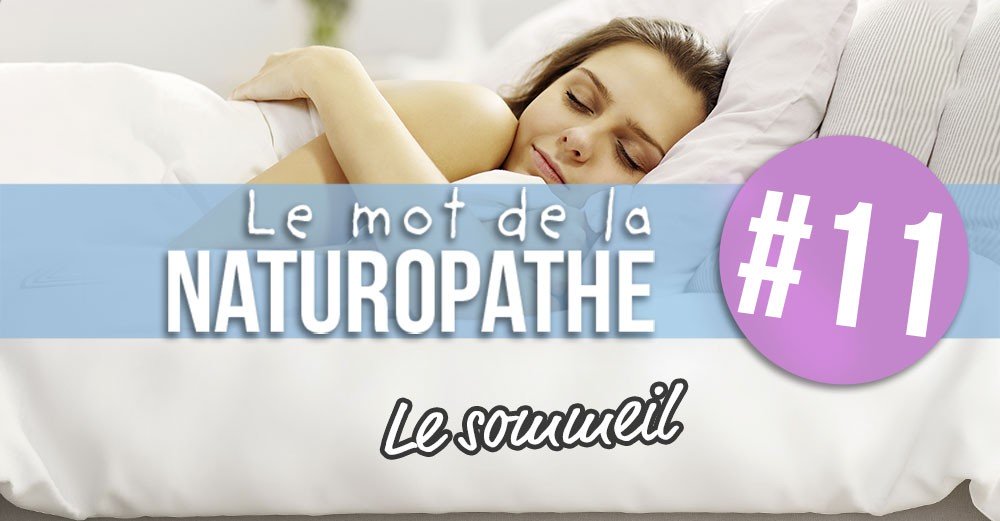
 By Julie Van Paepeghem - Naturopathe
By Julie Van Paepeghem - Naturopathe
